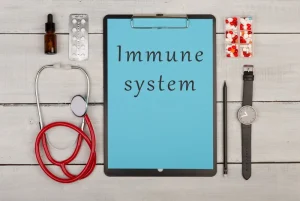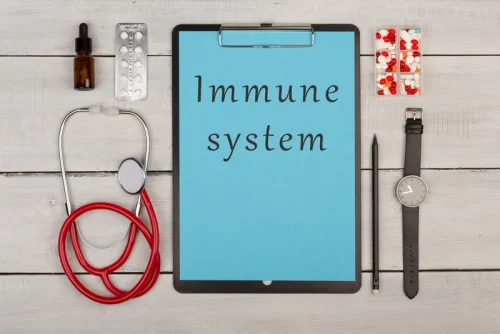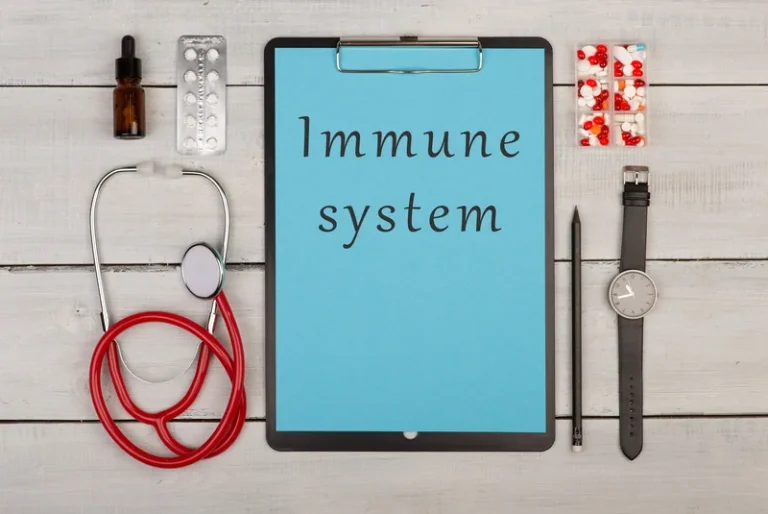
There are fantastic communities of people that are going through the same thing you are and can relate to what you’re feeling. SheRecovers, SMART Recovery, Recovery Dharma, Alcoholics Anonymous, Narcotics Anonymous and Cocaine Anonymous are a few to check out if you’re interested. Aside from seeking professional help, you can also find support from trusted friends and family. Having people to confide in can be helpful when dealing with tough emotions as you’re going through recovery. Navigating through addiction can be very emotional and stressful.

Tips for success in alcohol recovery
- In general, expressing appropriate emotions is a skill that addicts struggle with early in their recovery.
- In short, people generally have the cognitive flexibility to adapt their regulatory choices for the situation at hand.
- A slight annoyance may turn into an infuriating problem, thanks to alcohol.
- But an impromptu workout session (even low-impact) is a great strategy for when you feel anger or irritability escalating.
Often when a person is no longer drinking alcohol, they will still have thoughts about using. Have you experienced compulsive actions that involve eating, spending too much, gambling or sex? You can add to the list denial or rationalization problems you have when angry, as well as revenge fantasies. Anger is one of the hardest emotions to deal with in recovery and can often be a factor that leads to relapse if left unchecked. Most people don’t realize that anger is often what is referred to as a “secondary emotion” – it’s simply a reaction to another primary emotion. Because you can’t use distraction forever, there will come a time when you do have to confront your emotions and learn how to handle them in a healthy way.
Anger and Irritability When Quitting Drinking: Here’s What to Expect and How to Handle It
It’s a deeper level of work that goes beyond just removing the substances from the equation. “When we look at emotional sobriety, we’re looking at emotional identification, emotional regulation and regulating behaviors related to emotions,” says Fry. This result suggests that distraction, as a strategy for emotional regulation, works by not allowing the emotional information to enter memory at all. Depending on the frequency of your use, you may need to discuss alcohol tapering strategies with your doctor.
Are You Struggling with Facebook Addiction Disorder?
Treatment at Monument offers peer support and appointments with therapists and physicians entirely online. We each hold the ability to work with anger and grow from it in incredible ways. Early recovery is a period of transformation and skill building. This stage often includes changing your routine, managing cravings, and repairing relationships. Throughout these changes, learning how to manage anger more effectively is essential.
What is Cotton Fever: Myths, Facts & Treatment Options
New research suggests that a healthy mind deftly flips between these techniques when facing unpleasant emotions. By studying these mechanisms, researchers are beginning to understand how people cope with painful feelings and what goes wrong when those skills are missing. Speaking with another person can help you to alcoholic rage syndrome determine what other emotions may be lying under the surface. These ‘masked emotions’ may include hurt, fear, loneliness, anxiety, and grief.
- Strictly speaking, sobriety is the state of being sober—not being under the influence of alcohol or drugs.
- Extreme happiness, or euphoria, is another common experience during drinking.
- In his case, he was already predisposed to anger arousal before he had his first drink.
Recovering Alcoholics and Anger

Many people who misuse alcohol or drugs have trouble dealing with anger. If left unchecked, anger can have a negative impact on your health and your lasting sobriety. You may also experience what is commonly called sobriety fatigue, which refers to the overall exhaustion that may occur as a result of the emotional and physical stress of staying sober. So, it’s extra helpful to have a support network available to you when you need it.
The Relationship Between Anger and Aggression
Distraction is what you do to get through that day or minute without drinking, but it is not a long-term strategy. It’s a strategy often used in Cognitive Behavioral Therapy (CBT). However, there comes a point where you can’t hide from your feelings any longer.
Why is anger so common among people who drink?
- BetterHelp can connect you to an addiction and mental health counselor.
- Not having your most effective coping mechanism available to you all of a sudden can cause anger, irritability, and even grief.
- Getting active can help release the physical tension that comes with anger, as well as give you a boost in endorphins.
- During this stage, most people focus their energy on coping with cravings and resisting the urge to drink.
Effective addiction treatment does not ignore anger or dismiss it, but helps you understand it and learn to cope with it in constructive and effective ways. If you have questions about addiction recovery and treatment, we encourage you tocontact us at any time. Repressing anger is not the same as coping effectively with it, because repression often results in physical symptoms too, like muscle tension and head, neck, or back pain. Learning how to respond appropriately to feelings of anger can reduce these symptoms and help a person control anger without repressing it. When someone enters recovery for alcohol abuse, they usually struggle with anger problems and emotional regulation. The early months of sobriety can be an emotional rollercoaster filled with many highs and lows; the relationship between alcoholism and anger is a complicated one.
How to Prevent and Treat Alcohol-Related Aggression
Taking a breather from your frustrations is often easier said than done. However, exploring relaxation techniques can help you calm down, and finding the right one for you will be a great aid in your recovery. A lack of impulse control can make a person unable to resist the sudden, forceful urge to fly into a rage or act aggressively. There are a number of cognitive, neurobiological, and social factors that can influence how alcohol affects aggression. Another study of 249 heavy drinkers similarly found that alcohol intoxication predicted higher levels of IPV in those who reported low psychological flexibility (Grom et al., 2021).
How to find support for anger and alcohol misuse

Although these new activities are healthy and productive, they can be a stumbling block to lasting recovery if they become a transfer addiction to fill the void left by the original addiction. A structured routine will help you achieve other goals in your life, whether they are short-term (like being on time for work) or long-term (like going back to school and changing careers). The symptoms involved in PAWS can be a barrier to recovery if you’re not careful. In addition to being able to recognize them, it’s important to know when to seek help.